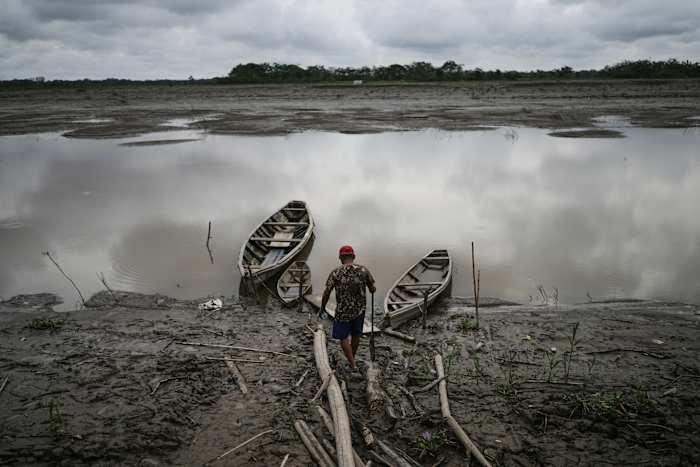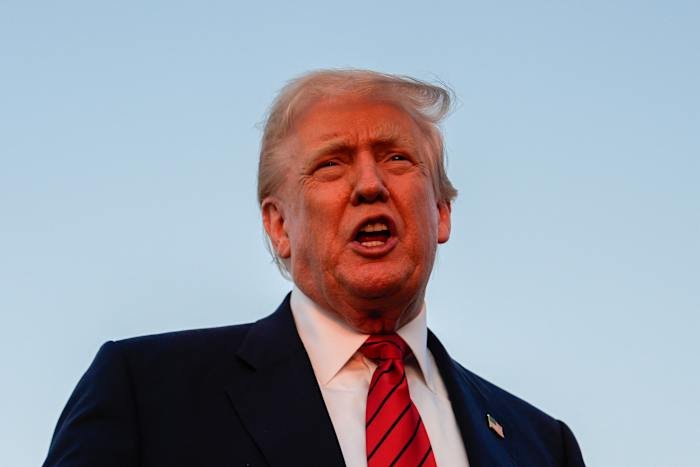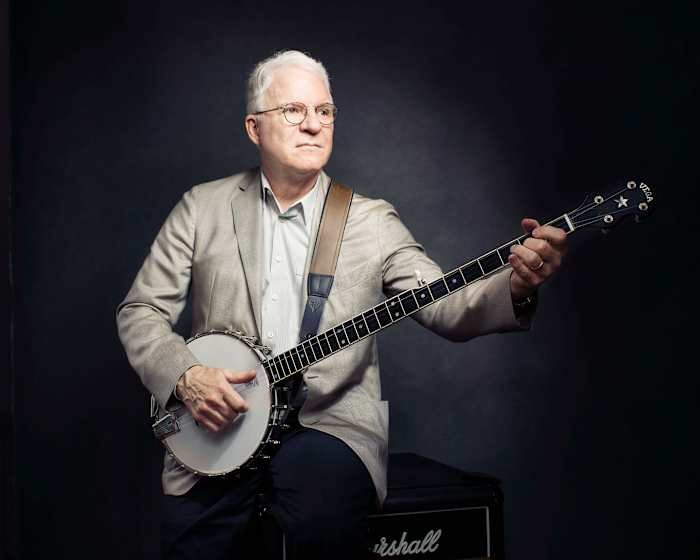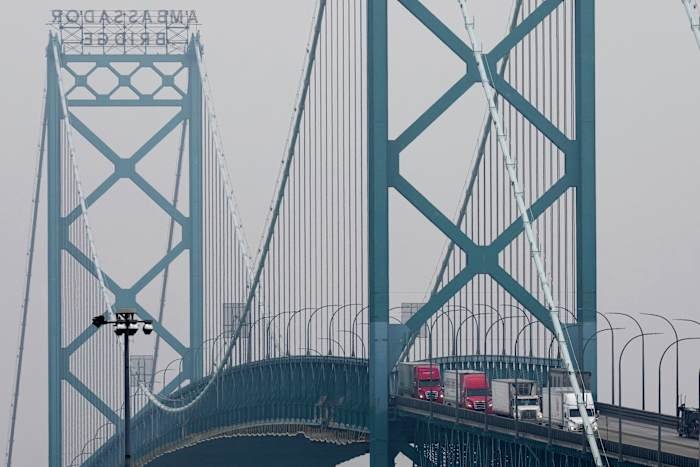Introduction
As global health challenges continue to mount, a new study shines a spotlight on an unlikely but powerful ally in the fight against disease: the Amazon rainforest, especially areas protected and managed by Indigenous communities. According to the research, well-preserved regions of the Amazon under Indigenous stewardship are associated with significantly lower rates of multiple diseases in nearby populations. For readers in Orlando, this finding underscores the interconnectedness of environmental conservation, Indigenous rights, and public health—even thousands of miles away from the lush jungles of South America. In this article, we’ll break down the study’s findings, explore why these rainforest havens matter, and consider what this could mean for the Orlando community and beyond.
The Study: Uncovering the Health Benefits of Amazon Rainforest Preservation
The groundbreaking study, conducted by an international team of scientists and published in a leading peer-reviewed journal, analyzed health data from communities neighboring the Amazon rainforest. The researchers focused on areas managed by Indigenous peoples, comparing them to regions subjected to logging, farming, or other forms of environmental degradation.
The results were striking: communities surrounding well-preserved Indigenous lands had markedly lower incidences of infectious and chronic diseases, including respiratory illnesses, vector-borne diseases like malaria and dengue, and even certain waterborne infections. The researchers believe that the intact forest ecosystem acts as a natural barrier, regulating air and water quality, controlling disease-carrying insects, and providing medicinal plants and resources vital to community health.
For Orlando residents, the study serves as a reminder of the global nature of public health and the importance of environmental stewardship. Healthy ecosystems in one part of the world can have ripple effects far beyond their borders, influencing everything from disease outbreaks to climate stability.
Why Indigenous Stewardship Makes a Difference
One of the key findings of the study is the unique role Indigenous peoples play in preserving the Amazon’s ecological integrity. Unlike commercial interests that often prioritize short-term gain over sustainability, Indigenous communities tend to employ traditional land management practices honed over generations. These include controlled burns, selective harvesting, and spiritual ceremonies that foster respect for the natural world.
These practices help maintain biodiversity, prevent habitat fragmentation, and keep disease vectors in check. In contrast, deforestation and land conversion can disrupt delicate ecological balances, creating conditions ripe for disease emergence and spread. When forests are cleared, mosquitoes and other vectors often thrive in the altered landscape, increasing the risk of disease transmission to nearby communities.
This lesson resonates in Florida, where land use changes and urban sprawl have sometimes led to increased mosquito populations and outbreaks of illnesses like West Nile virus and Zika. By learning from Indigenous stewardship models, Orlando and other cities can look for ways to balance development with ecological health.
Global Connections: How Orlando Is Linked to the Amazon’s Fate
At first glance, the Amazon might seem worlds away from Central Florida. However, the health of the world’s largest rainforest is deeply intertwined with life in Orlando. The Amazon acts as a global climate regulator, absorbing vast amounts of carbon dioxide and influencing weather patterns that affect everything from hurricanes to agricultural productivity in Florida.
Moreover, the rise of new infectious diseases often has global consequences. As demonstrated by recent pandemics, pathogens that emerge in one region can quickly spread worldwide through travel and trade. Protecting biodiversity hotspots like the Amazon helps to reduce the risk of future outbreaks reaching Orlando and other urban centers.
Orlando’s thriving tourism industry and international connections mean that global health threats are never far away. Supporting policies that protect the Amazon, respect Indigenous rights, and promote sustainable development isn’t just an act of environmental solidarity—it’s a practical step towards safeguarding our own community’s health.
What Can Orlando Residents Do to Support Rainforest Health?
You might be wondering: what can one person in Orlando do to help preserve Amazonian health and its positive effects on global disease prevention? Here are a few actionable steps:
- Support Ethical Brands: Choose products that are sustainably sourced and certified by organizations that work with Indigenous communities.
- Stay Informed: Follow reputable news sources and organizations that report on Amazon conservation, such as the Rainforest Trust or the Amazon Watch.
- Advocate: Contact local representatives to express support for environmental policies that reduce deforestation and respect Indigenous land rights, both in the U.S. and abroad.
- Reduce Your Carbon Footprint: Everyday choices—like using public transit, reducing waste, and conserving energy—help mitigate climate change, which in turn protects rainforests worldwide.
- Educate Others: Share information about the importance of the Amazon and Indigenous stewardship with friends, family, and social networks in Orlando.
By taking these steps, Orlando residents can play a meaningful role in the global effort to protect both the Amazon and public health everywhere.
Conclusion: Protecting the Amazon, Protecting Ourselves
The new study serves as a powerful testament to the wisdom of Indigenous land stewardship and the far-reaching benefits of rainforest preservation. For Orlando and communities everywhere, it’s a call to action: safeguarding the Amazon is not just about saving distant forests or rare species—it’s about
















